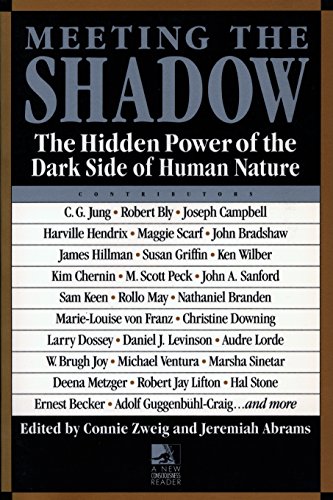Finding the best human nature good evil suitable for your needs isnt easy. With hundreds of choices can distract you. Knowing whats bad and whats good can be something of a minefield. In this article, weve done the hard work for you.
Best human nature good evil
1. How Adam Smith Can Change Your Life: An Unexpected Guide to Human Nature and Happiness
Feature
PortfolioDescription
A forgotten book by one of history's greatest thinkers reveals the surprising connections between happiness, virtue, fame, and fortune.Adam Smith may have become the patron saint of capitalism after he penned his most famous work,The Wealth of Nations. But few people know that when it came to the behavior of individualsthe way we perceive ourselves, the way we treat others, and the decisions we make in pursuit of happinessthe Scottish philosopher had just as much to say. He developed his ideas on human nature in an epic, sprawling work titledThe Theory of Moral Sentiments.
Most economists have never read it, and for most of his life, Russ Roberts was no exception. But when he finally picked up the book by the founder of his field, he realized hed stumbled upon what might be the greatest self-help book that almost no one has read.
InHow Adam Smith Can Change Your Life, Roberts examines Smiths forgotten masterpiece, and finds a treasure trove of timeless, practical wisdom. Smiths insights into human nature are just as relevant today as they were three hundred years ago. What does it take to be truly happy? Should we pursue fame and fortune or the respect of our friends and family? How can we make the world a better place? Smiths unexpected answers, framed within the rich context of current events, literature, history, and pop culture, are at once profound, counterintuitive, and highly entertaining.
2. Meeting the Shadow: The Hidden Power of the Dark Side of Human Nature
Feature
TarcherDescription
The author offers exploration of self and practical guidance dealing with the dark side of personality based on Jung's concept of "shadow," or the forbidden and unacceptable feelings and behaviors each of us experience.3. Just Babies: The Origins of Good and Evil
Feature
Broadway BooksDescription
A leading cognitive scientist argues that a deep sense of good and evil is bred in the bone.
From John Locke to Sigmund Freud, philosophers and psychologists have long believed that we begin life as blank moral slates.Many of us take for granted that babies are born selfish and that it is the role of societyand especially parentsto transform them from little sociopathsinto civilized beings. In Just Babies, Paul Bloom argues that humans are in fact hardwired with a sense of morality. Drawing on groundbreaking research at Yale, Bloom demonstrates that, even before they can speak or walk, babies judge the goodness and badness of others actions; feel empathy and compassion; act to soothe those in distress; and have a rudimentary sense of justice.
Still, this innate morality is limited, sometimes tragically. We are naturally hostile to strangers, prone to parochialism and bigotry. Bringing together insights from psychology, behavioral economics, evolutionary biology, and philosophy, Bloom explores how we have come to surpass these limitations. Along the way, he examines the morality of chimpanzees, violent psychopaths, religious extremists, and Ivy League professors, and explores our often puzzling moral feelings about sex, politics, religion, and race.
In his analysis of the morality of children and adults, Bloom rejects the fashionable view that our moral decisions are driven mainly by gut feelings and unconscious biases. Just as reason has driven our great scientific discoveries, he argues, it is reason and deliberation that makes possible our moral discoveries, such as the wrongness of slavery. Ultimately, it is through our imagination, our compassion, and our uniquely human capacity for rational thought that we can transcend the primitive sense of morality we were born with, becoming more than just babies.
Paul Bloom has a gift for bringing abstract ideas to life, moving seamlessly from Darwin, Herodotus, and Adam Smith to The Princess Bride, Hannibal Lecter, and Louis C.K. Vivid, witty, and intellectually probing, Just Babies offers a radical new perspective on our moral lives.
From the Hardcover edition.





